Yes, Massachusetts has specific and comprehensive boating laws in place to regulate maritime activities and ensure the safety of individuals enjoying its abundant waterways.
Understanding and adhering to these laws are crucial for boaters to have a positive and lawful experience on the state’s lakes, rivers, and coastal areas.
Whether you’re a seasoned sailor or a novice enthusiast, knowledge of Massachusetts boating regulations is essential.
These laws cover a spectrum of aspects, including age-specific requirements, alcohol regulations, safety equipment mandates, and environmental responsibilities.
In this comprehensive guide, we will delve into the intricacies of Massachusetts boating laws, providing clarity on licensing, age restrictions, penalties for violations, and the necessary safety measures.
By the end of this exploration, you’ll be well-informed about the legal framework governing boating activities in Massachusetts, empowering you to navigate its waters responsibly and in compliance with the established regulations.
Join us on this journey through the nautical laws that shape the boating experience in the Bay State. So, stay focused.
Is Massachusetts Good for Boating?
Massachusetts is an excellent destination for boating enthusiasts, offering a diverse range of waterways and scenic coastal areas.
The state boasts picturesque lakes, rivers, and the iconic Cape Cod coastline, providing ample opportunities for various boating activities.
Whether you prefer sailing, powerboating, kayaking, or fishing, Massachusetts has something to offer.
The state’s water bodies, including the Charles River and Martha’s Vineyard Sound, provide a mix of serene inland and exciting coastal experiences.
Boaters can explore historic harbors, and quaint seaside towns, and enjoy breathtaking views.
Massachusetts also hosts numerous marinas, boat ramps, and yacht clubs, ensuring accessibility for both residents and visitors.
While the weather may limit some boating activities in winter, the spring, summer, and fall months provide optimal conditions for enjoying the state’s maritime offerings.
Massachusetts Boating Laws
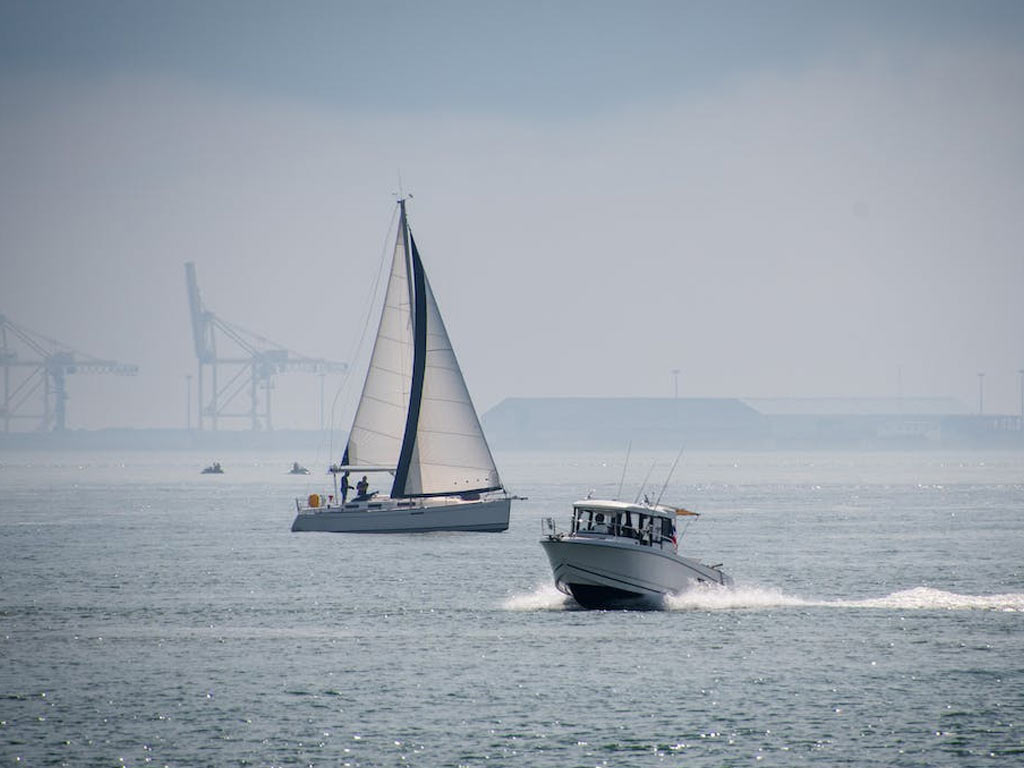
Massachusetts has specific boating laws in place to ensure the safety and responsible conduct of boaters across its diverse waterways. Here are key points regarding boating laws in the state:
Boating Education
While a general boating license is not mandatory for all operators, there are age-specific regulations.
Boaters between the ages of 12 and 15 must complete an approved boating education course to operate a motorboat unsupervised.
Age Restrictions

Children under 12 years old are only allowed to operate a motorboat under direct adult supervision.
After completing a recognized boating education course, those aged 16 and 17 can operate personal watercraft, like jet skis.
Alcohol Regulations
Boating under the influence of alcohol or drugs is strictly prohibited in Massachusetts. The state has established legal limits for blood alcohol concentration (BAC) while operating a vessel.
Personal Flotation Devices (PFDs)
The state requires the use of life jackets or personal flotation devices for all individuals on board, and they must be in good and serviceable condition.
Boating Speed Limits
Various speed limits are enforced in different areas, especially near shorelines, docks, and marinas. Boaters must adhere to these limits to ensure the safety of themselves and others.
Enforcement and Penalties

Massachusetts Environmental Police are responsible for enforcing boating laws.
Violations, including those related to age restrictions, alcohol consumption, and speed limits, can result in fines, penalties, or the suspension of boating privileges.
Boaters in Massachusetts should stay informed about any changes to regulations, prioritize safety measures, and be aware of the environmental impact of their activities.
Always check the latest information from official sources to ensure compliance with current boating laws in the state.
Is Having a License Mandatory to Drive a Boat in Massachusetts?
In Massachusetts, navigating its diverse waterways requires adherence to specific regulations, prompting the question: Is having a license mandatory to drive a boat in the state?
Licensing Requirements
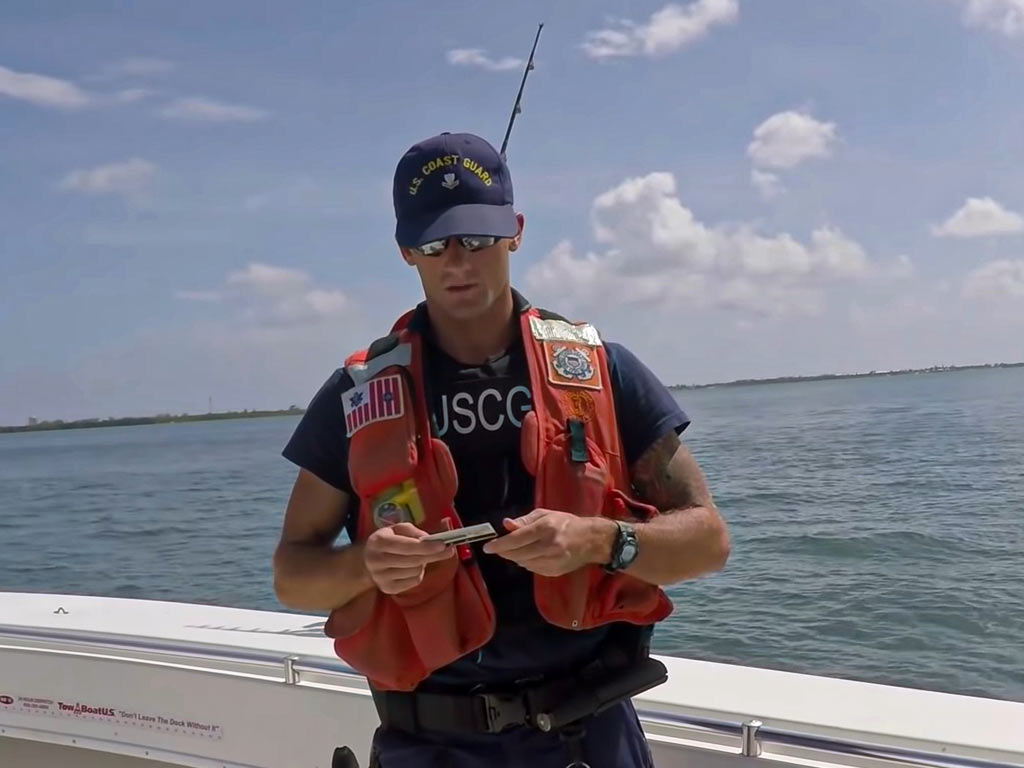
Massachusetts doesn’t mandate a general boating license for all operators. However, there are age-specific regulations.
Age-Based Regulations
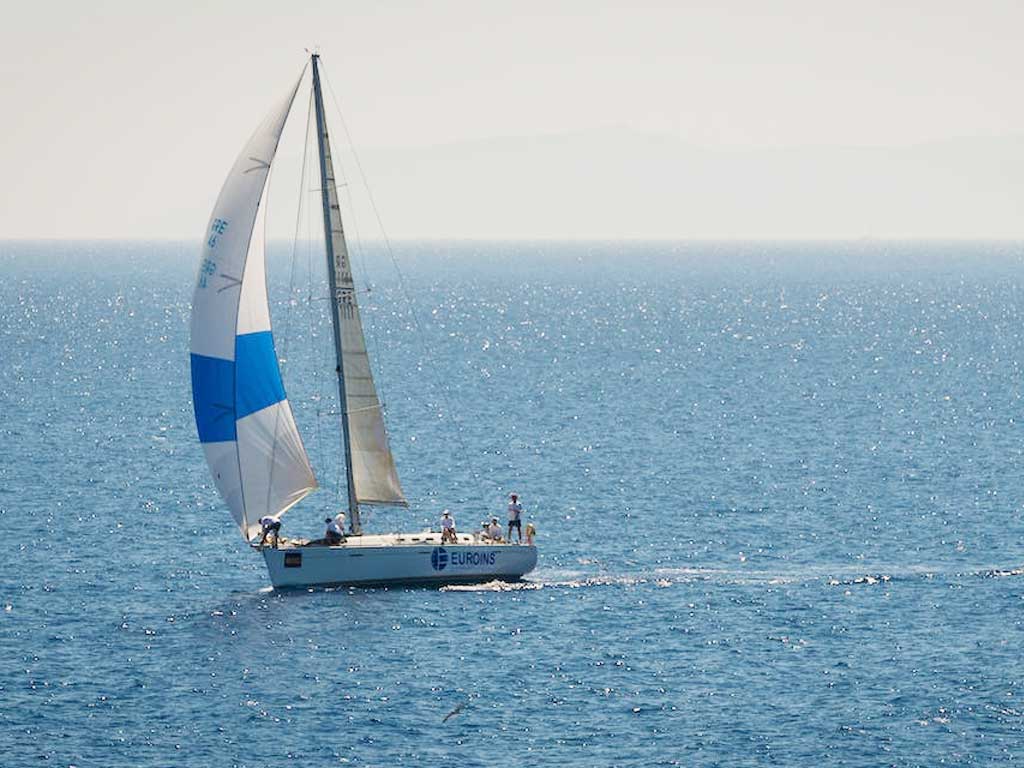
Boaters aged 12 to 15 must complete an approved boating education course to operate a motorboat without supervision. Those under 12 can only operate a motorboat under direct adult supervision.
Non-Residents
Visitors should be aware that Massachusetts recognizes boating education certificates from other states, ensuring compliance with the law for non-resident boaters.
Enforcement and Penalties
While a license might not be universal, strict enforcement of age-based regulations exists, and violations can lead to fines or the restriction of boating privileges.
Personal Watercraft Operation
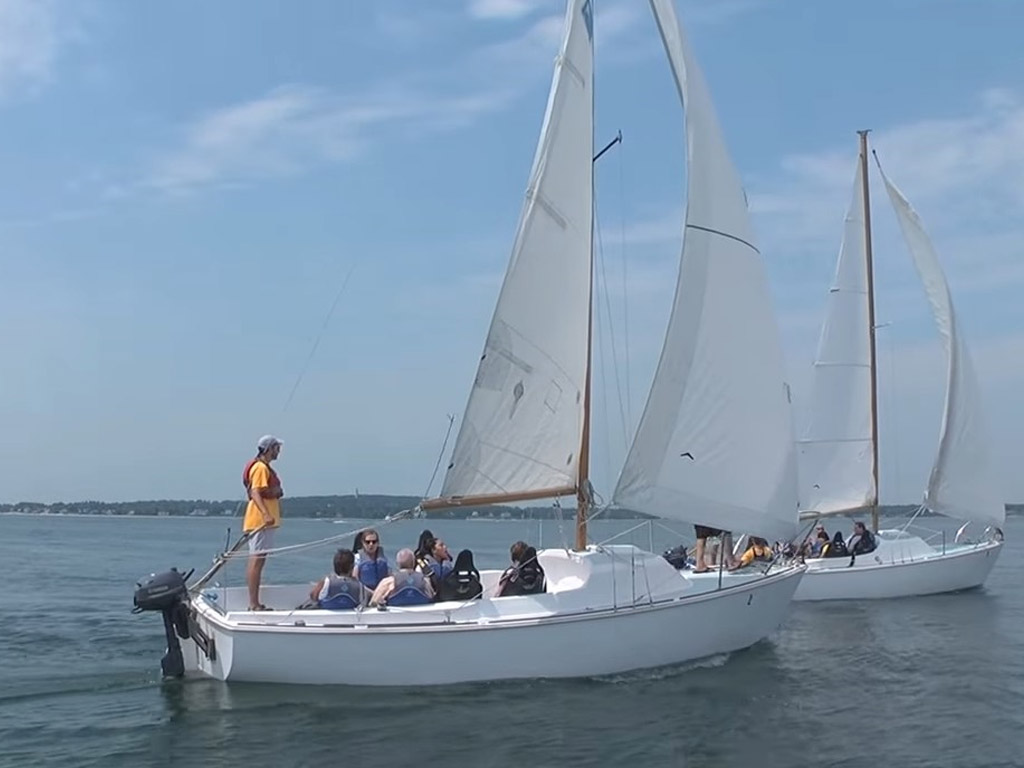
Individuals aged 16 and 17 can operate personal watercraft (PWC) like jet skis, but they need to complete a boating education course recognized by the state.
Continual Monitoring
Regulations may evolve, so it’s essential to stay informed about any changes to licensing requirements by checking with the Massachusetts Environmental Police or the state’s official boating resources. Always prioritize safety and responsible boating practices.
Punishment Breaking Massachusetts Boating Laws
Violating Massachusetts boating laws can have serious consequences, and understanding the potential punishments is crucial for ensuring responsible and lawful conduct on the state’s waterways.
Fines and Penalties
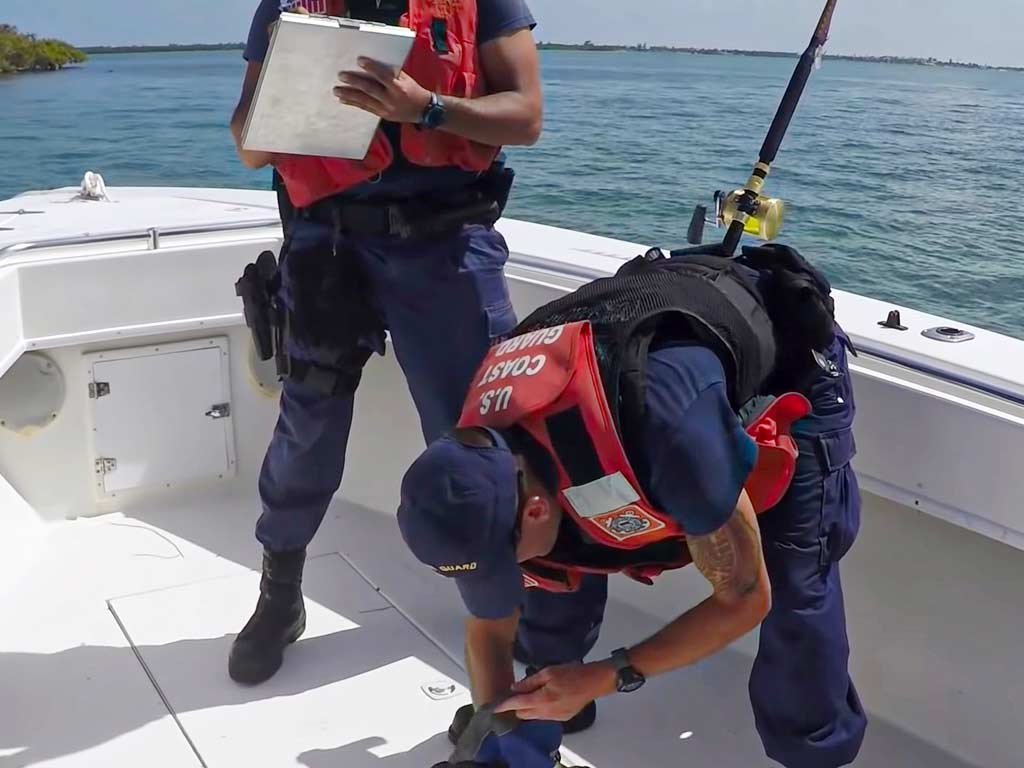
Boaters who breach regulations may face monetary fines, the severity of which can vary based on the nature and gravity of the violation.
These fines aim to deter irresponsible behavior and promote adherence to safety measures.
Boating Privilege Suspension
Serious violations, such as boating under the influence of alcohol or drugs, can lead to the suspension of boating privileges.
This measure is designed to safeguard both the individual and others on the water by restricting access for a specified period.
Community Service
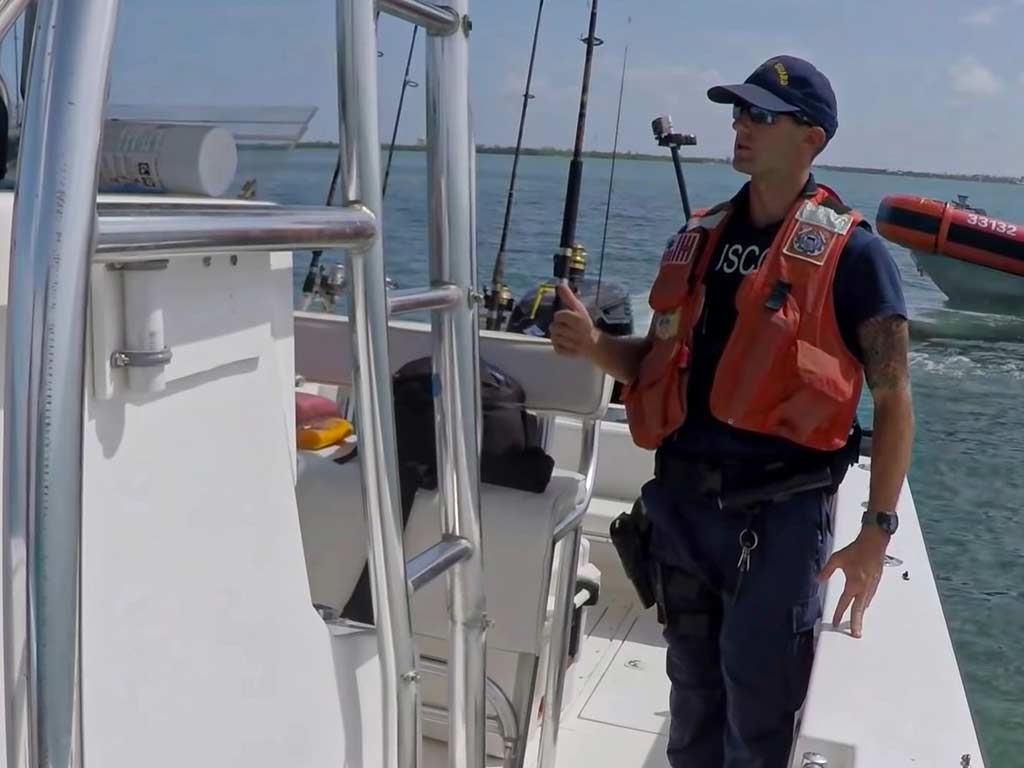
In addition to fines, some boating offenses may warrant community service as part of the penalty.
This serves as a way for individuals to contribute positively to the community while acknowledging their wrongdoing.
Criminal Charges
Certain violations, especially those involving severe negligence or harm, may result in criminal charges.
Boaters may face legal consequences beyond fines, such as probation or even imprisonment, emphasizing the gravity of their actions.
Insurance Implications
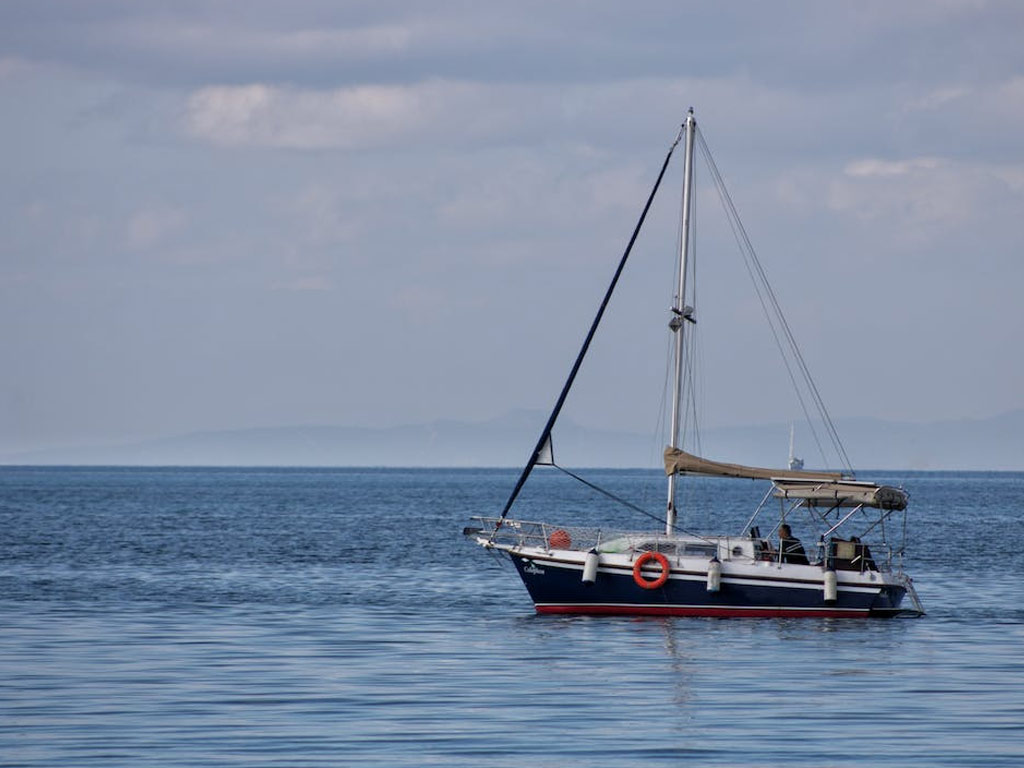
Boaters violating safety regulations may experience increased insurance premiums or difficulty obtaining coverage.
Insurers may view unlawful behavior as an increased risk, impacting the boater’s ability to secure affordable and comprehensive coverage.
Educational Requirements
Depending on the nature of the violation, authorities may require individuals to complete additional boating education courses.
This serves as a means of remediation, ensuring that boaters are better informed and less likely to repeat offenses in the future.
Understanding the potential punishments for breaking Massachusetts boating laws is essential for fostering a culture of responsible boating.
Massachusetts Boating Guide
Navigating the waters of Massachusetts requires a comprehensive understanding of boating regulations and safety measures. Here’s a guide to help boaters make the most of their maritime experiences in the state:
Licensing and Education
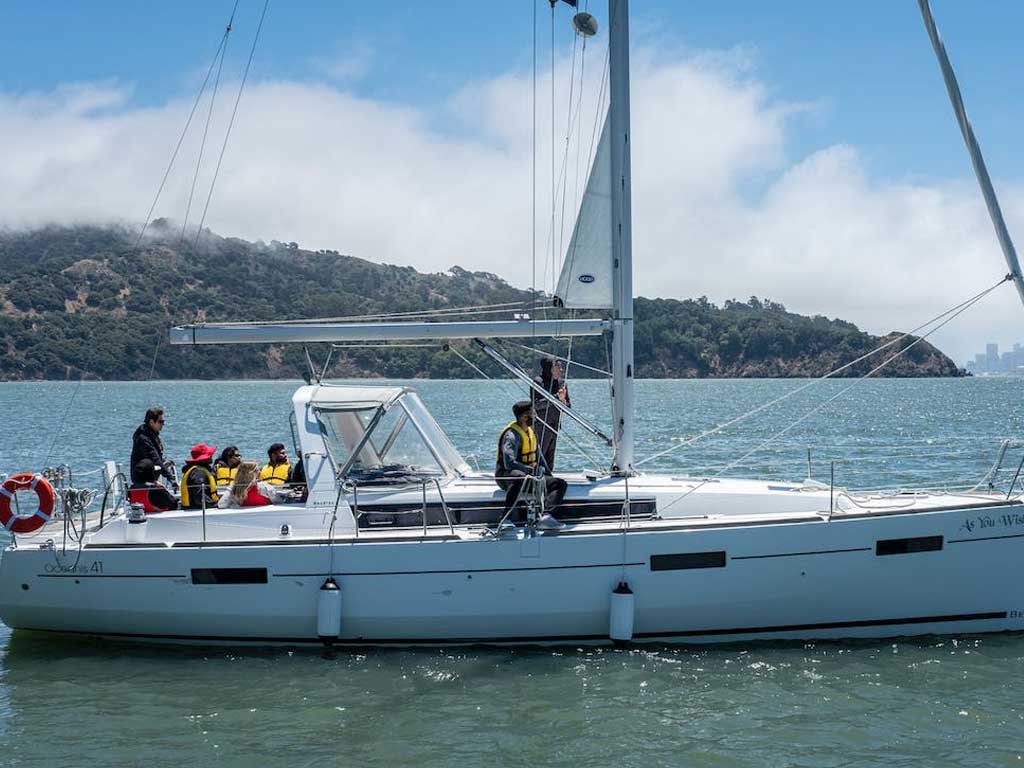
While a general boating license is not mandatory for all, certain age-specific regulations exist. Boaters aged 12 to 15 must complete an approved boating education course.
Check for updates on licensing requirements and stay informed about any changes to regulations.
Age Restrictions
Children under 12 can operate a motorboat only under direct adult supervision.
Individuals aged 16 and 17 can operate personal watercraft after completing a recognized boating education course.
Alcohol Regulations
Boating under the influence of alcohol or drugs is strictly prohibited.
Familiarize yourself with legal limits for blood alcohol concentration while operating a vessel.
Safety Equipment
Ensure the presence of proper safety equipment, including life jackets or personal flotation devices (PFDs) for all individuals on board.
Regularly check and maintain safety equipment to meet state standards.
Speed Limits
Adhere to posted speed limits, especially in areas near shorelines, docks, and marinas.
Be mindful of your speed to ensure the safety of yourself, your passengers, and others on the water.
Environmental Responsibility
Respect environmental regulations and practice responsible boating to minimize your impact on water ecosystems.
Dispose of waste properly and be aware of no-wake zones and wildlife conservation areas.
Emergency Preparedness
Familiarize yourself with emergency procedures and know the location of emergency resources, such as life rings and first aid kits.
Stay informed about weather conditions before heading out, and be prepared for unexpected situations.
Enforcement and Penalties
Be aware of the potential fines, penalties, or boating privilege suspensions for violating state boating laws.
Understand that enforcement is carried out by the Massachusetts Environmental Police.
Continuous Learning
Stay updated on boating regulations and safety guidelines through reputable sources and official state resources.
Consider taking additional boating education courses to enhance your knowledge and skills.
By adhering to these guidelines, boaters can ensure a safe and enjoyable experience on Massachusetts waters while contributing to the preservation of the state’s natural resources.
Always prioritize safety, responsible conduct, and compliance with state regulations for a fulfilling boating journey.
FAQs
Are there age restrictions for operating a boat in Massachusetts?
Yes, children under 12 can only operate a motorboat under direct adult supervision.
Those aged 16 and 17 can operate personal watercraft after completing a recognized boating education course.
What are the penalties for boating under the influence in Massachusetts?
Boating under the influence of alcohol or drugs is strictly prohibited.
Violations may result in fines, boating privilege suspension, community service, or even criminal charges, depending on the severity of the offense.
What safety equipment is required on a boat in Massachusetts?
All boats must have proper safety equipment, including life jackets or personal flotation devices (PFDs) for all individuals on board.
Regular checks and maintenance of safety equipment are essential to meet state standards.
How can I stay informed about Massachusetts boating laws?
Stay updated through official state resources, such as the Massachusetts Environmental Police website.
Consider taking additional boating education courses to enhance your knowledge and ensure compliance with the latest regulations for safe and responsible boating.
Wrapping Up
Navigating Massachusetts waters requires a nuanced understanding of boating laws.
By adhering to age-specific regulations, alcohol restrictions, and safety measures, boaters can ensure not only a fulfilling experience but also contribute to the overall safety and well-being of the maritime community.
Continuous education, responsible conduct, and awareness of the potential penalties for violations are crucial elements in fostering a culture of safe boating in the state.
Stay informed, prioritize safety, and enjoy the diverse waterways Massachusetts has to offer while respecting its environmental treasures. Thank you very much.
Jaclyn Lowe